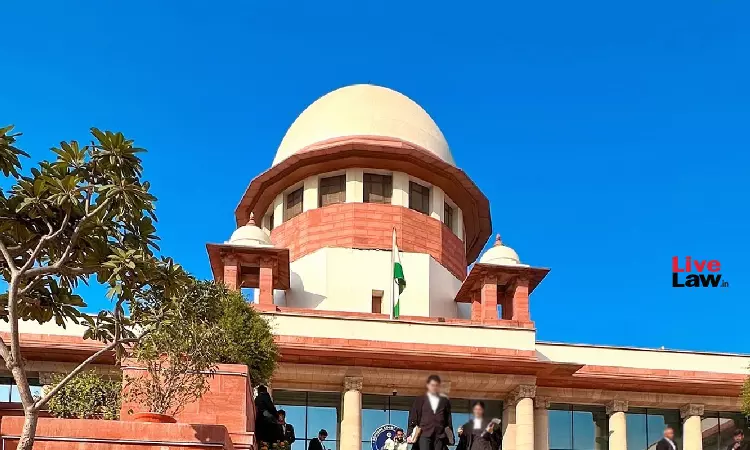
SC asked the Centre to bring in a procedure to deal with such instances. The Supreme Court, in a recent order, expressed concern over repeated cases where foreign nationals accused of crimes committed in India become untraceable after obtaining bail. The bench observed that foreign citizens absconding after securing bail is on the rise.
The Court asked the Centre to introduce a procedure to deal with such instances. The Centre, however, informed that it was apprised of the issue at hand and was working towards formulating a procedure to deal with cases where foreign citizens jump bail and become untraceable while still accused of crimes they have committed in India.
“This is not a lone incident that has come before this Court, and such cases are not uncommon. Therefore, a procedure has to be laid down, if not already there, as to how such a situation will be dealt with and the procedures to be followed,” the Court observed.
The bench, comprising Justices Sudhanshu Dhulia and Ahsanuddin Amanullah, observed while hearing the Jharkhand government’s plea against the High Court’s grant of bail to a Nigerian citizen in a cyber fraud case.
The Court was informed that the accused had become untraceable after he was granted bail. Advocate Kanu Agarwal, appearing for Centre, informed the bench that the Union was already working on the matter.
“In this case, res, pendent no.1-Dr.Alex David @ M.U.Henry, a foreign citizen, has jumped bail and cannot be traced. Ld. counsel Mr. Kanu Agrawal, who appears for the Union of India, has informed this Court that the Union of India is already working on the matter and will apprise this Court regarding the procedure they are to follow,” read the top Court order.



